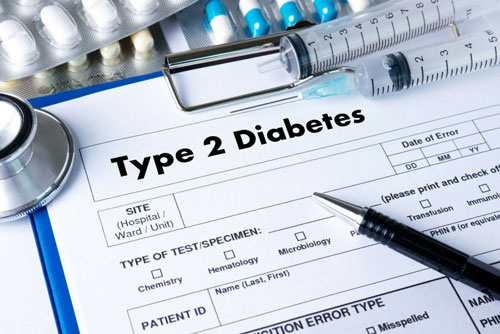TYPE 2 diabetes can be tough to control without medication. But for some people, the thought of daily shots makes them delay or avoid starting insulin therapy.
Now, new research offers some hope for those insulin avoiders — a once-a-week insulin injection may someday replace daily shots.
A phase 2 trial compared the new weekly insulin, called icodec, to the commonly used insulin glargine (Lantus, Basaglar), and found the new insulin led to a similar reduction in blood sugar levels. The weekly insulin also had a similar safety profile to daily insulin glargine.
“This is the first once-a-week injectable insulin, and this study suggests it’s as effective as taking insulin daily. If it does well through scrutiny in phase 3 trials, it could make life easier for people with type 2 diabetes,” explained Dr. Robert Gabbay, chief science and medical officer for the American Diabetes Association.
“Getting people to start insulin is often a challenge, but if you only have to do it once a week, that may help,” he added.
Once people get over the hurdle of starting weekly injections, Gabbay said, they’ll likely “be more adherent, have better blood sugar control and then fewer complications.”
The study was funded by icodec’s manufacturer, Novo Nordisk in Denmark. HealthDay reached out to the study researchers for comment, but they were unavailable.
Insulin is a hormone that helps the body process sugars from foods. Insulin ushers sugar from the blood into the body’s cells, where it can be used for fuel.
People with type 2 diabetes usually don’t use insulin efficiently, and they may not make enough insulin to keep up with the body’s demands. That’s when people with type 2 diabetes often need to start taking insulin. (In people with type 1 diabetes, the immune system mistakenly attacks healthy insulin-producing cells, destroying most of them. People with type 1 diabetes have no choice but to take insulin by injection or via an insulin pump.)
The latest study included nearly 250 people with type 2 diabetes, aged 18 to 75. None had received long-term insulin therapy before the trial.
The participants’ diabetes was considered inadequately controlled, with A1Cs of 7% to 9.5%. A1C is a measure that estimates blood sugar levels over two months or so. A1C goals vary by individual, but often the goal is to be under 7%. During the six-month trial, half of the participants were randomly assigned to take weekly injections of icodec. The remaining volunteers took insulin glargine daily.










